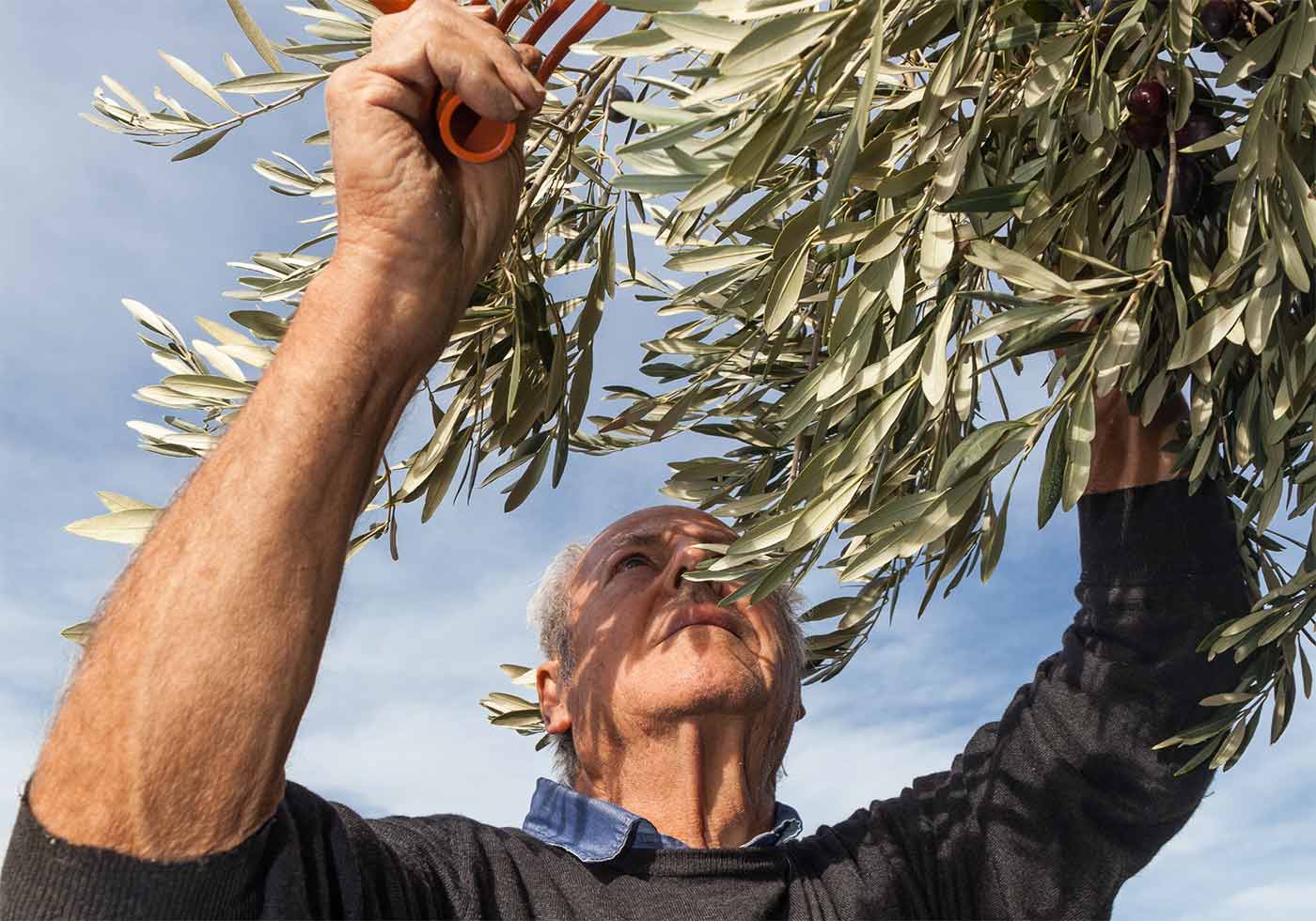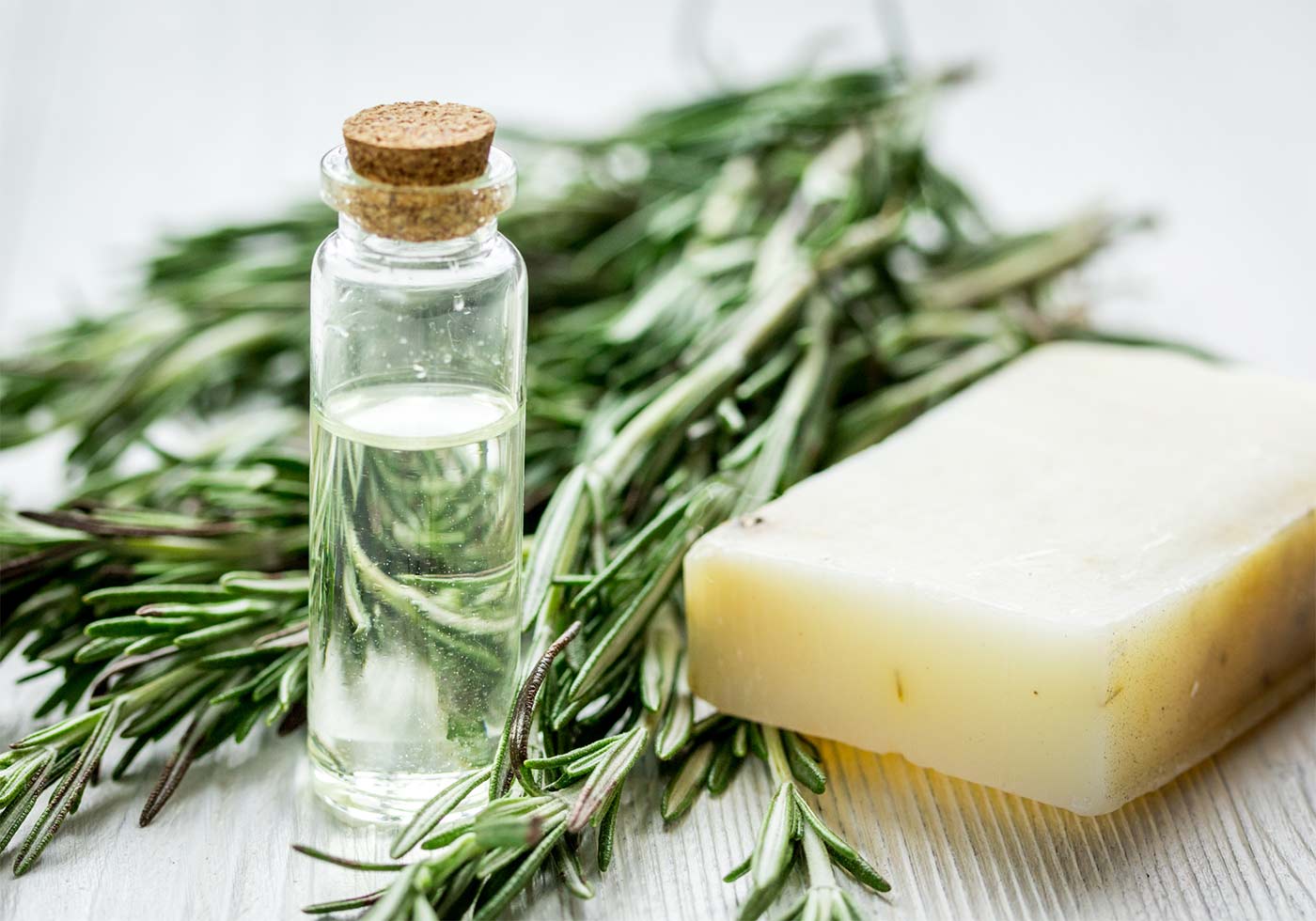
Antioxidant in olive oil
Olive oil, especially extra virgin olive oil (EVOO), is renowned for its rich content of antioxidants. These natural compounds play a crucial role in promoting health and preventing various diseases. Understanding the types of antioxidants present in olive oil and their benefits can help you appreciate why this oil is a staple of healthy diets worldwide.
Types of Antioxidants in Olive Oil
Polyphenols
- Hydroxytyrosol: Known for its powerful antioxidant and anti-inflammatory properties, hydroxytyrosol helps protect cells from oxidative stress and damage.
- Oleuropein: This polyphenol is responsible for the bitter taste of olives and has strong antioxidant, anti-inflammatory, and antimicrobial properties.
- Tyrosol: Although less potent than hydroxytyrosol, tyrosol still offers significant antioxidant benefits and contributes to heart health.
Vitamin E (Tocopherols)
- Alpha-Tocopherol: This form of vitamin E is the most abundant in olive oil. It protects cell membranes from oxidative damage, supports skin health, and boosts immune function.
Flavonoids
- Apigenin: Found in small amounts in olive oil, apigenin has anti-inflammatory, antioxidant, and anti-cancer properties.
- Luteolin: This flavonoid has been shown to reduce inflammation and oxidative stress, protecting against chronic diseases.
Phytosterols
- Beta-Sitosterol: This plant sterol helps reduce cholesterol levels and supports heart health. It also exhibits antioxidant properties.
Carotenoids
- Lutein and Beta-Carotene: These pigments not only give olive oil its yellow-green color but also provide antioxidant benefits, supporting eye health and reducing inflammation.
Health Benefits of Antioxidants in Olive Oil
Cardiovascular Health
- Reduced LDL Oxidation: Antioxidants in olive oil, particularly polyphenols, prevent the oxidation of LDL cholesterol, a key factor in the development of atherosclerosis.
- Improved Blood Vessel Function: Regular consumption of olive oil enhances endothelial function, reducing the risk of heart disease.
- Lower Blood Pressure: The antioxidants and healthy fats in olive oil help lower blood pressure, further protecting heart health.
Anti-Inflammatory Effects
- Reduction of Inflammatory Markers: Olive oil’s antioxidants, such as oleocanthal, have been shown to reduce levels of inflammatory markers like C-reactive protein (CRP).
- Pain Relief: Oleocanthal’s anti-inflammatory action provides pain relief similar to that of ibuprofen, making olive oil a natural remedy for chronic pain conditions.
Cancer Prevention
- Inhibition of Cancer Cell Growth: Polyphenols and other antioxidants in olive oil have been found to inhibit the growth of various cancer cells, including breast, prostate, and colon cancer.
- Protection Against DNA Damage: Antioxidants protect cells from DNA damage caused by oxidative stress, reducing the risk of cancer development.
Neuroprotective Properties
- Prevention of Neurodegenerative Diseases: Regular consumption of olive oil is associated with a lower risk of Alzheimer’s disease and other neurodegenerative conditions. Antioxidants like oleocanthal help reduce amyloid plaque accumulation in the brain.
- Cognitive Function: The anti-inflammatory and antioxidant properties of olive oil support cognitive function and protect against age-related cognitive decline.
Skin Health
- Moisturization and Protection: Vitamin E and polyphenols in olive oil nourish and protect the skin, reducing the signs of aging and protecting against UV damage.
- Healing Properties: Antioxidants promote skin healing and reduce inflammation, making olive oil beneficial for conditions like eczema and psoriasis.
Anti-Diabetic Effects
- Improved Insulin Sensitivity: Olive oil consumption improves insulin sensitivity, helping to regulate blood sugar levels.
- Antioxidant Protection: By reducing oxidative stress, olive oil helps protect against complications associated with diabetes, such as cardiovascular disease.
Maximizing Antioxidant Intake from Olive Oil
To get the most antioxidants from your olive oil, consider the following tips:
- Choose Extra Virgin Olive Oil: EVOO contains the highest levels of antioxidants because it is the least processed form of olive oil.
- Look for Freshness: Fresher olive oil has higher antioxidant levels. Check for a harvest date on the bottle and choose oils that are less than a year old.
- Store Properly: Store olive oil in a cool, dark place in a tightly sealed container to preserve its antioxidant content.
- Use Raw or Lightly Heated: Use EVOO raw, such as in dressings and drizzles, or cook at low to medium temperatures to preserve its antioxidants.
Conclusion
Antioxidants are a key component of the health benefits of olive oil. From protecting heart health and reducing inflammation to preventing cancer and supporting cognitive function, the antioxidants in olive oil contribute to its status as a superfood. By choosing high-quality extra virgin olive oil and using it appropriately, you can maximize your intake of these powerful compounds and enjoy their numerous health benefits.

"Olive Oil Field Norway"

"Olive Oil Field Finland"
“The team is part farmer, part archaeologist, always full of enthusiasm to inspire emotions through fragrances and flavors.”
Related Posts
The high quality oil
High-quality olive oil is a culinary treasure, revered for its rich flavors, health benefits, and ve
Never waste your oil
Olive oil is a versatile and valuable ingredient in any kitchen, renowned for its flavor, health ben
Trying the new olives
Sampling new olives, whether they’re fresh off the tree or recently cured, can be a delightful exp






Leave a Reply